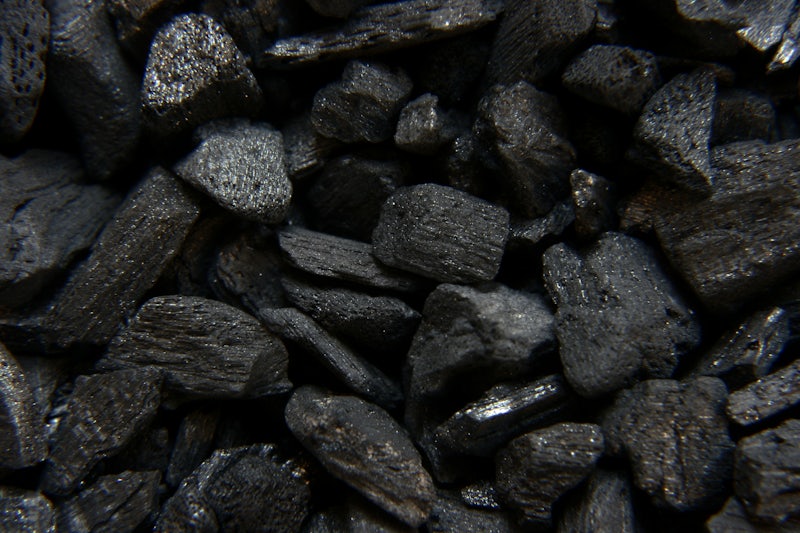
rawpixel.com
By 2030, demand for coal, oil, and natural gas must each decline from 5.8 billion tons in 2022 to 3.25 billion tons, 77 million barrels per day (bpd), and 4.15 trillion cubic meters annually, respectively.
The total decline in demand for fossil fuels should be 80% by 2050.
By 2030, spending on clean energy should climb by a factor of 2.5, to $4.5 trillion from this year's $1.8 trillion.
A strict and effective policy will be needed, according to the IEA, to attain the essential goasl. It won't be possible to keep warming to 1.5 degrees Celsius over pre-industrial levels without it.
According to the organization's report, delaying the adoption of such a policy will increase the cost of removing carbon dioxide from the atmosphere after 2050 by up to $1.3 trillion annually.
source: iea.org
The total decline in demand for fossil fuels should be 80% by 2050.
By 2030, spending on clean energy should climb by a factor of 2.5, to $4.5 trillion from this year's $1.8 trillion.
A strict and effective policy will be needed, according to the IEA, to attain the essential goasl. It won't be possible to keep warming to 1.5 degrees Celsius over pre-industrial levels without it.
According to the organization's report, delaying the adoption of such a policy will increase the cost of removing carbon dioxide from the atmosphere after 2050 by up to $1.3 trillion annually.
source: iea.org





